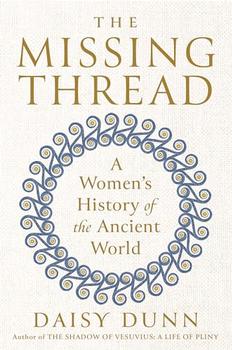(7/1/2011)
I think The Invisible Bridge is a book worth reading, but not a book without flaws. I’m not even exactly sure how to characterize my reaction. This could be one of those books that gets better as it percolates.
First, I read a lot about WWII, especially regarding the European theater, both fiction and non-fiction. Same for the holocaust itself. Even so, this book reminded me of things that are often obscure, and invoked some things that I didn’t know or had forgotten. That alone made it worthwhile for me. The story is told from a Hungarian point of view, which is far from the norm and that slant was interesting.
Before I bought the book, I read a review that said Orringer had written a novel that was European in approach, therefore bordering on brilliant, rather than American. I’m not sure I know, or if the reviewer knows, what an American novel is, but the implication was that this book is more in depth and fleshed out than most ‘American’ books. In my experience, length and depth in a novel occur when there is intent for them to, even among American authors. When authors are novel-mills, under contract for a book per year, not so much. Same for American readers – audiences exist for both “beach reads” and more serious (literature) books. So, while that critique might be a bit haughty (I think it came from a foreign newspaper), it does describe the book in a way that tells something about what it will be like to read.
In the same vein, a number of reviewers compared it to Dr. Zhivago. Those comparisons occurred to me also. The books are similar. Grammatically (as opposed to 'literarily') the books differ because they were written a close to a century apart and because they were written in different languages. 'Literarily', they certainly reflect the difference in perspective you expect when authors come from two different centuries.
The narrative is quite readable. The prose isn’t so complicated as to be hard to follow, but there is plenty of character development and extra description. It is verbiage that isn’t necessary for a book you would read just for entertainment, but is pleasant if your plan is to spend more than an afternoon with a book. I found it easy to put down, but not in the sense I didn’t want to read it. It was a pleasure to know that so many pages were left I couldn’t finish it in one day, and wasn’t compelled to try, and always enjoyed picking it up again. Sometimes I could read for hours, and sometimes just a short time.
At first, the story was only slightly compelling for me. I found it very different from many holocaust books, both fiction and non-fiction, and it wasn’t until the final pages that I realized why. It was much less intense to read than many, but there was just something that seemed to be right under the surface that was waiting, waiting… When I realized the book was inspired by the author’s own grandparents it was easier to understand. So, even though the characters made all the same mistakes that were made by many people (Jews in particular) at that time, instead of the intensity of the tragedy, it was mitigated and muted by her personal knowledge of the people. That closeness to the characters compelled her to insert some emotional distance when she described the horrors.
It also has a ‘happier’ ending than many holocaust books. By definition, since the book is inspired by the author’s grandparents, you know at least some of the main characters survived.
And, even though I referred to the holocaust a number of times, the book is much more than just one more holocaust novel. Though it’s fiction, it really is a chronology of some of its characters so there’s also something of a story aspect that is very prevalent.



